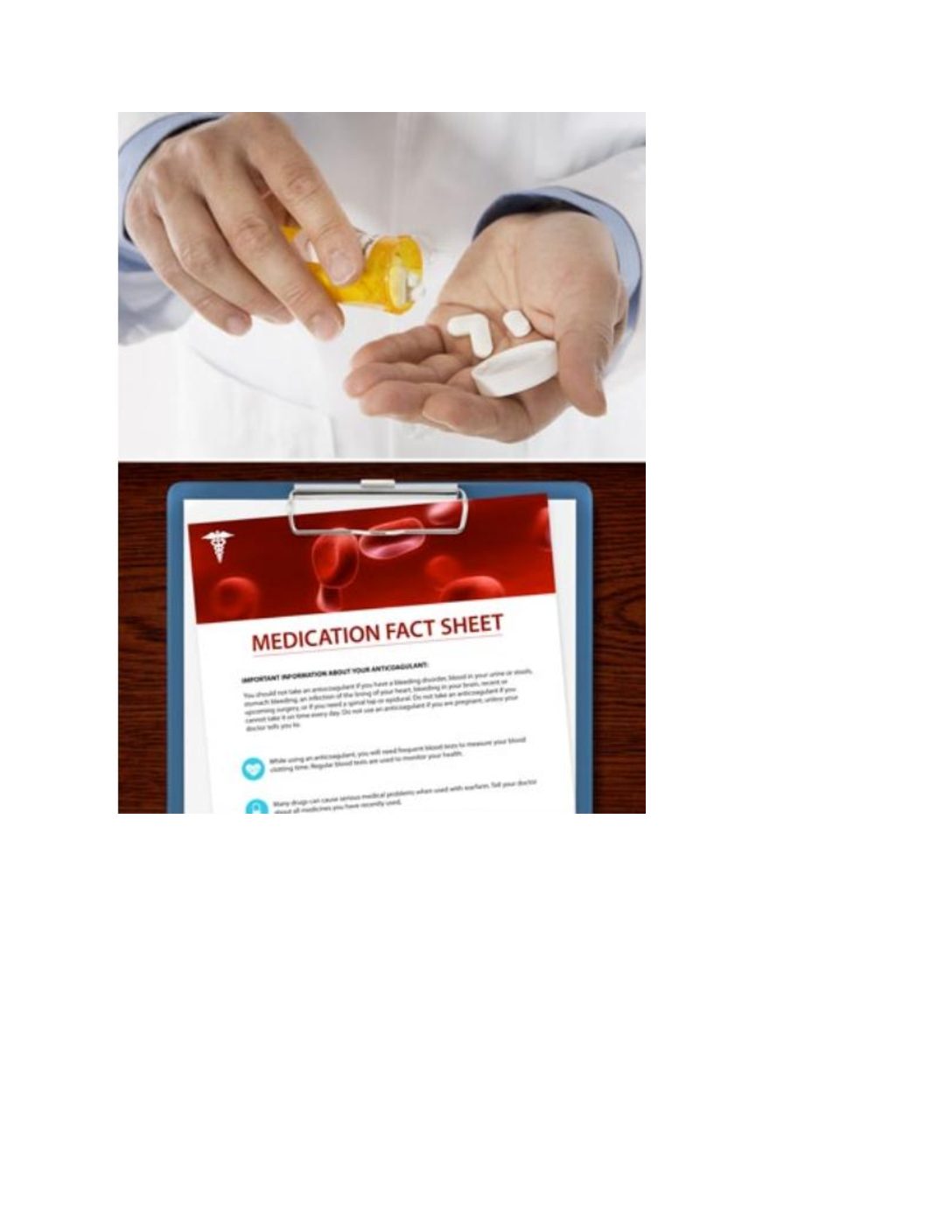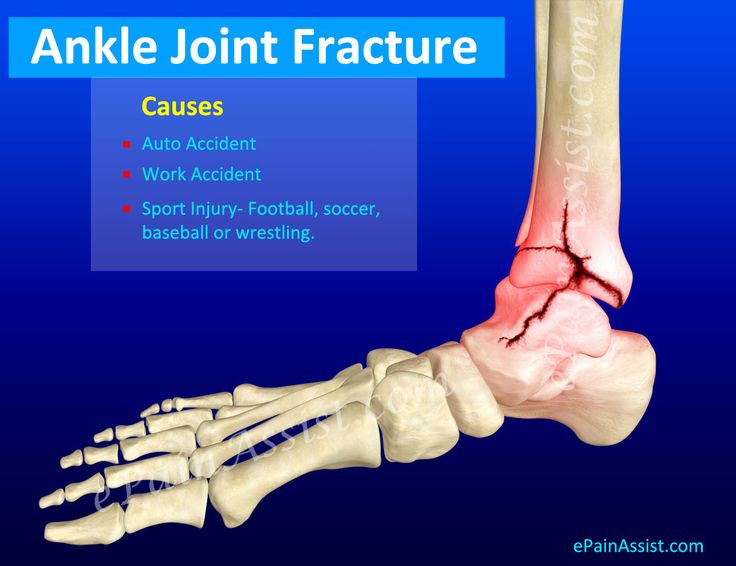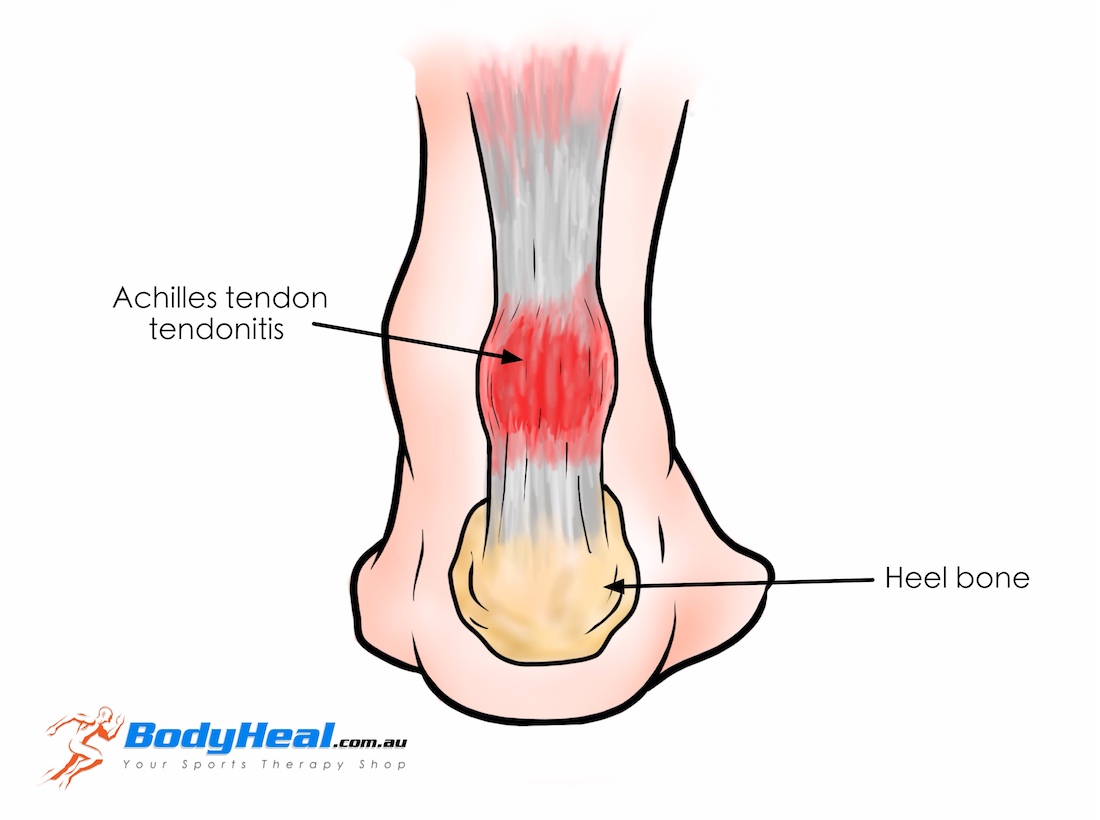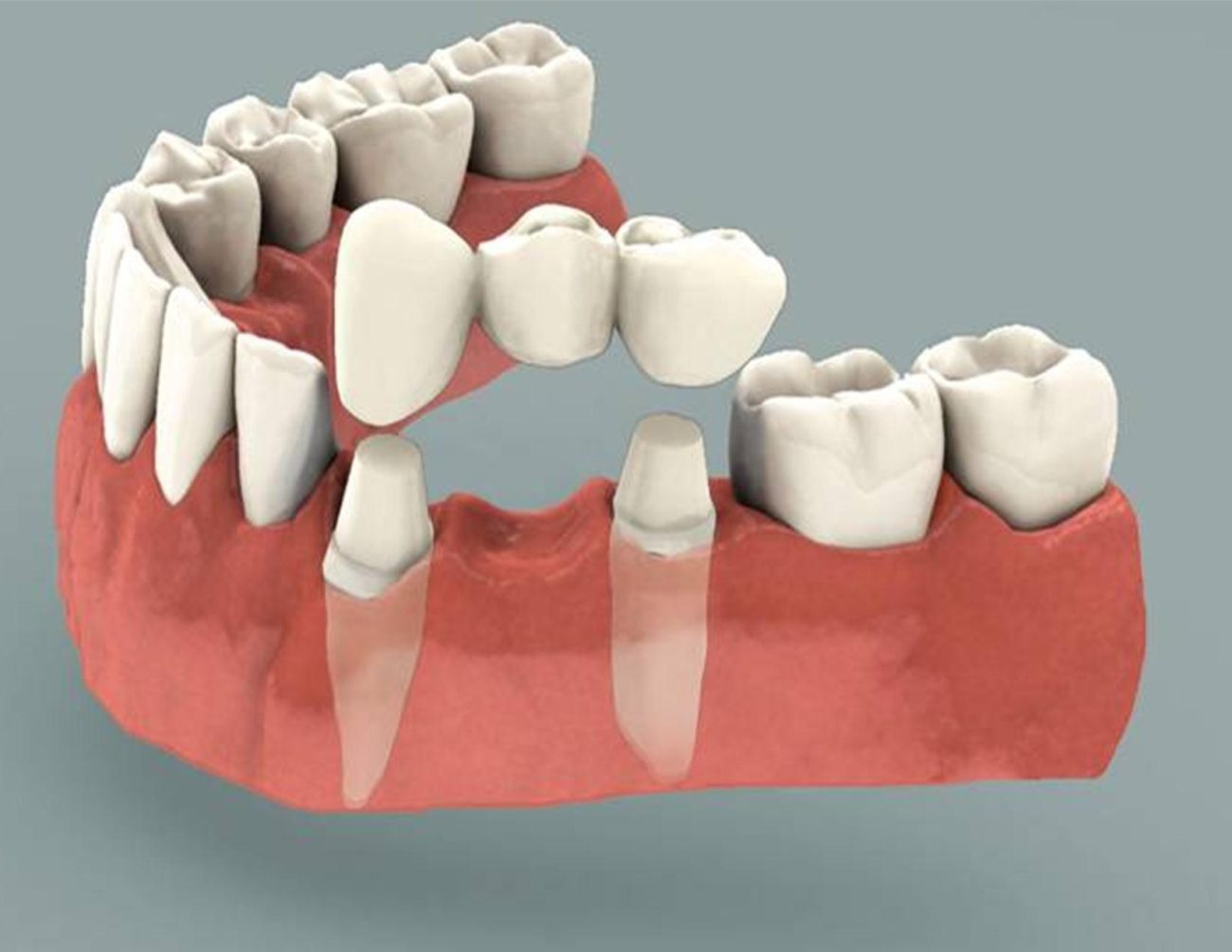Anticoagulant Drugs:Taking Anticoagulant safely
As part of your treatment, you may be prescribed
an anticoagulant. This is a type of drug that affects
your blood. It prevents blood clots from forming. If
you have a blood clot, an anticoagulant can keep it
from growing larger. But because anticoagulants
interfere with clotting, they can lead to
uncontrollable bleeding. This can be especially
dangerous if you are cut or injured. It's important to
be aware of the dangers associated with
anticoagulants so you can use them safely. If you have
questions about how your insurance covers this please
call us at 509-443-5416.
Your medication will come with specific instructions
for use. Ask for a fact sheet if you aren't given one.
Follow all of the instructions for when and how to
take your medication. Never take any other
medications with your anticoagulant unless your
doctor gives you permission. Mixing medicines
(prescriptions or over-the-counter drugs) with
anticoagulants can be dangerous. Regular blood
tests may be needed to monitor your health.
Identify yourself as a person who takes
anticoagulants. Wear an ID bracelet or necklace to
let others know. Tell all of your healthcare workers.
Doctors, nurses, dentists and chiropractors need to
know that you take this medication.
Certain foods and drinks can interact with
anticoagulants. Foods that are high in vitamin K can
prevent anticoagulants from working as intended.
Examples of foods that are high in vitamin K include
kale, spinach, asparagus, broccoli and avocado.
Talk to your doctor so you can learn to eat a safe
amount of these foods. You should also limit
alcohol, cranberry juice and some types of teas
while you are taking anticoagulants.




